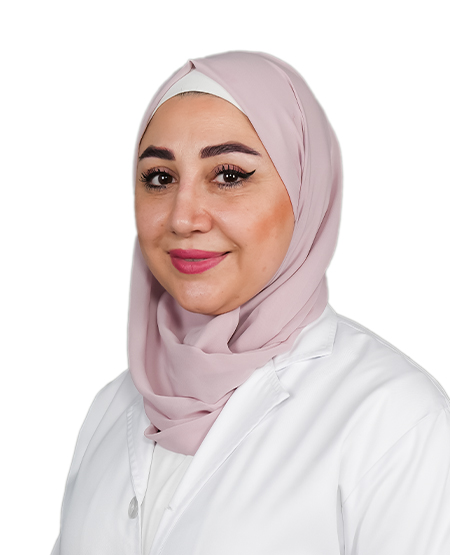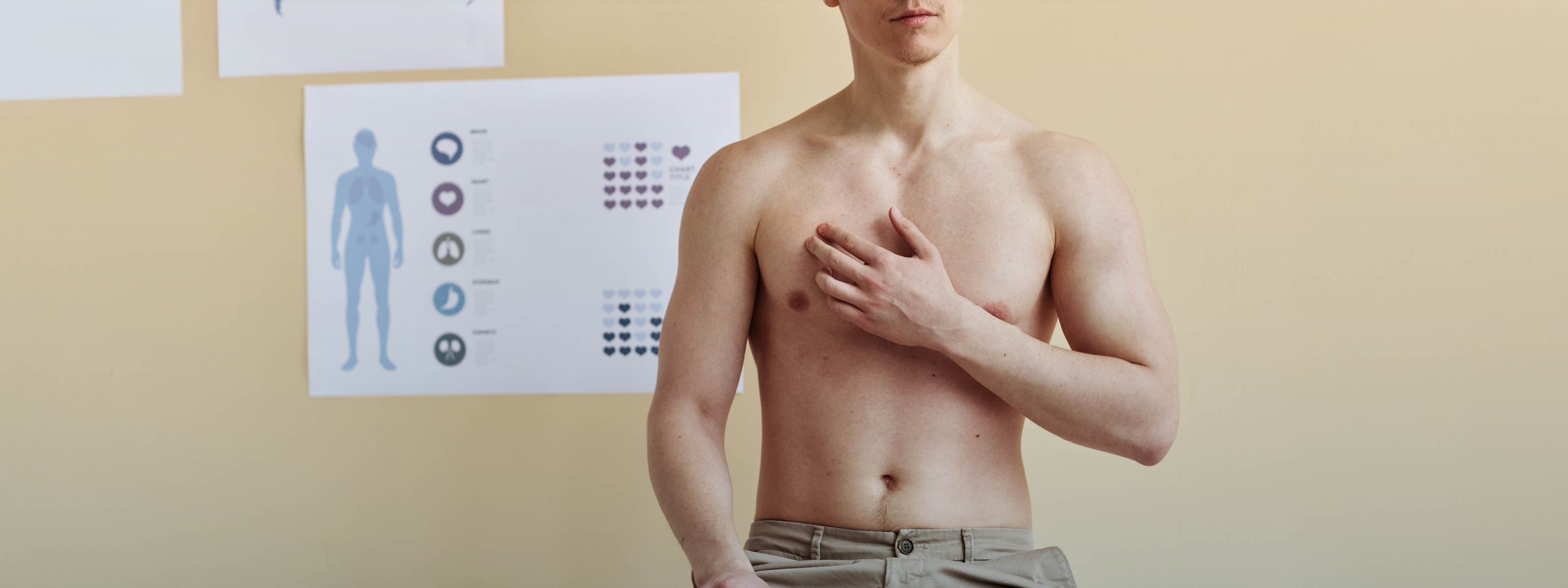 5+ years of exp
5+ years of exp
Languages
Arabic and EnglishClinics
HealthHub - Al Warqa
HealthHub - Arabian Center

 5+ years of exp
5+ years of exp
HealthHub - Al Warqa
HealthHub - Arabian Center